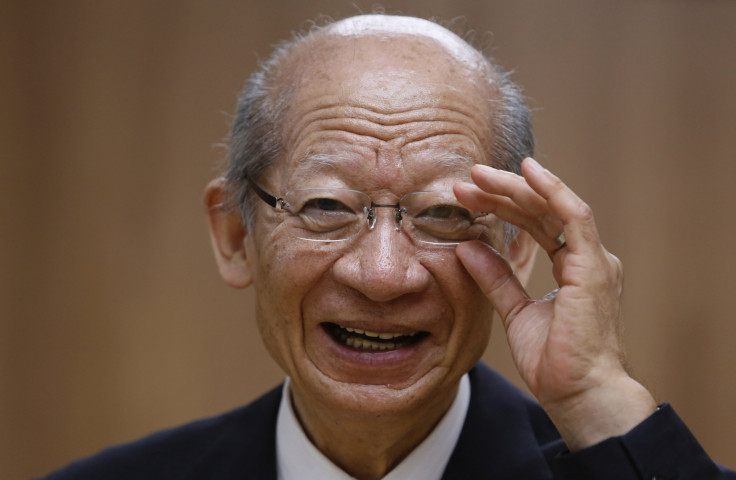Japan Post To Buy Australian Toll Holdings For $5.1B

Japan’s post office has secured a deal to buy Australian transportation company Toll Holdings for $5.1 billion. The deal is reportedly part of an effort by the Japanese company to build an Asian distribution network.
The board of Melbourne-based Toll Holdings Ltd. reportedly said on Wednesday that it recommended that shareholders accept the offer of A$9.04 ($7.07) a share. The offer is a 49 percent increase on the closing price of the company’s stock Tuesday, and would value the Australian company at about $5.1 billion.
Toll Holdings will retain its brand name and become a division within Japan Post, the Sydney Morning Herald reported. "Together, this will be a very powerful combination and one of the world's top five logistics companies," Toll chairman Ray Horsburgh reportedly said.
The former CEO of Toll, Paul Little, will reportedly make over A$300 million ($230 million) from the deal. “It is quite an emotional sale for me and my thoughts are with the staff. Their future is assured,” he told The Australian.
The deal comes after Toll reported a 22 percent fall in net profit in its interim results for 2015, weighed down by a drop in demand for logistics services in Australia amid an economic slowdown, according to a report by the company.
The move comes ahead of Japan Post’s planned listing on the Tokyo Stock Exchange. The post office is also, in effect, the world’s largest bank, holding over ¥300 trillion ($3.2 trillion) in assets, The Economist reported. The government's move to step back from managing the post office, which began in 2005, is part of a wide-ranging effort to streamline and modernize the country’s economy.
The Post was formally privatized and renamed the Japan Post Group in 2007, but the process stalled in 2010, with the Japanese Ministry of Finance remaining the sole shareholder. The process to divest the government's stake in the company is expected to be completed by 2017, The Guardian reported.
© Copyright IBTimes 2024. All rights reserved.











